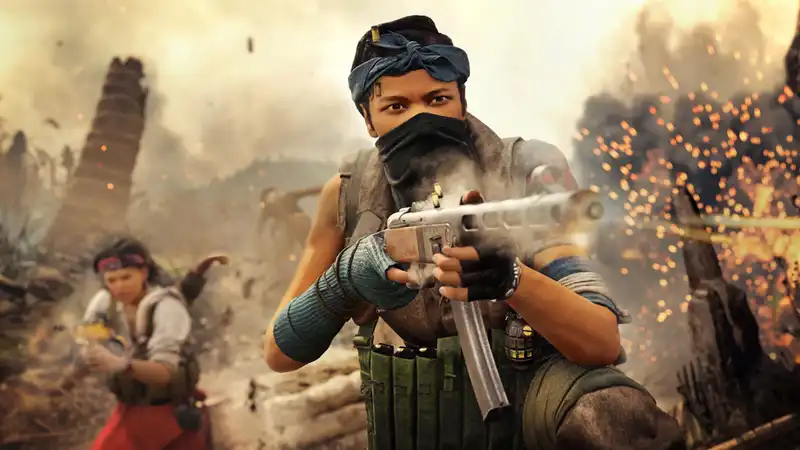One of the most common reasons for games becoming unplayable is that they are only playable online and the servers have been shut down by the publishers; in 2023 alone, "Battlefield," "Call of Duty: Warzone," "Knockout City," Spellbreak," "Gundam Evolution," and nearly a dozen other games suffered the tragic fate of being turned off for good.
When a game goes dark, two tragedies occur. First, the work of everyone involved in the creation of the game - programmers, artists, writers, animators, modelers, etc. - will be gone forever, perhaps for years. Because people bought those games. They paid for the product, just as they would for a book, a movie, or a song. Trouble is, there is no legal recourse if the game they paid for is shut down.
However, there are people trying to get laws passed that would protect both the games and the people who buy them. For a more entertaining explanation of the effort, by someone more interesting than I, see the following video:
Perhaps you will recognize Ross Scott's voice immediately. He is the creator and narrator of the YouTube web series "Freeman's Mind" and one of the organizers of Stop Killing Games. Scott likens the practice of publishers shutting down games to the silent film era, when movie studios would "incinerate their films after they finished showing them to recover the silver content," noting that "now most films from that era are gone forever!" . Preservation of the game is certainly a concern, but so is the protection of consumers.
One way to combat the carnage of games is to propose new legislation, and this effort is currently underway in the European Union. The process is called the "European Citizens Initiative," and if signed by one million citizens in the EU, it could become actual law. If passed, the law would require that "publishers who sell or license video games to consumers in the European Union (or any related features or assets sold for video games operated by such publishers) shall, in the event of a server outage or studio closure, make such video games would be required to "remain in a functional (playable) condition.
"An increasing number of publishers are selling video games that are only functional if they are connected to the game publisher via the Internet, or "phone home," the petition says." While this in itself is not a problem, when support for this type of game ends, publishers very often simply disconnect the connection necessary for the game to function, destroy all working copies of the game, and implement extensive measures to prevent customers from repairing the game."
Understanding that developers and publishers cannot support a game forever, the initiative expects "the publisher to provide resources for said video game after the game is discontinued, leaving it in a reasonably functional (playable) state." This means, for example, providing players with the tools to host the game on their own servers and removing the requirement to connect to the publisher's (discontinued) servers in order to play the game. This is what the developers of Knockout City did when they pulled the plug on the game's official servers.
This initiative would not only apply to games that are sold, but would also include free-to-play games with microtransactions for assets (such as skins) and other paid features. In other words, if an item is purchased in a free-to-play game, the user should have the right to continue using that item indefinitely.
It is important to note that even one million signatures does not automatically make you a winner; one million signatures is a pretty high bar, but as far as I know, the initiative has about 45,000 signatures after one day online, and This is a great start. Also, the initiative is valid for one year, so there is plenty of time to gather the remaining signatures. The full text of the initiative can be found here. You can also learn more at StopKillingGames.com.
.

Comments